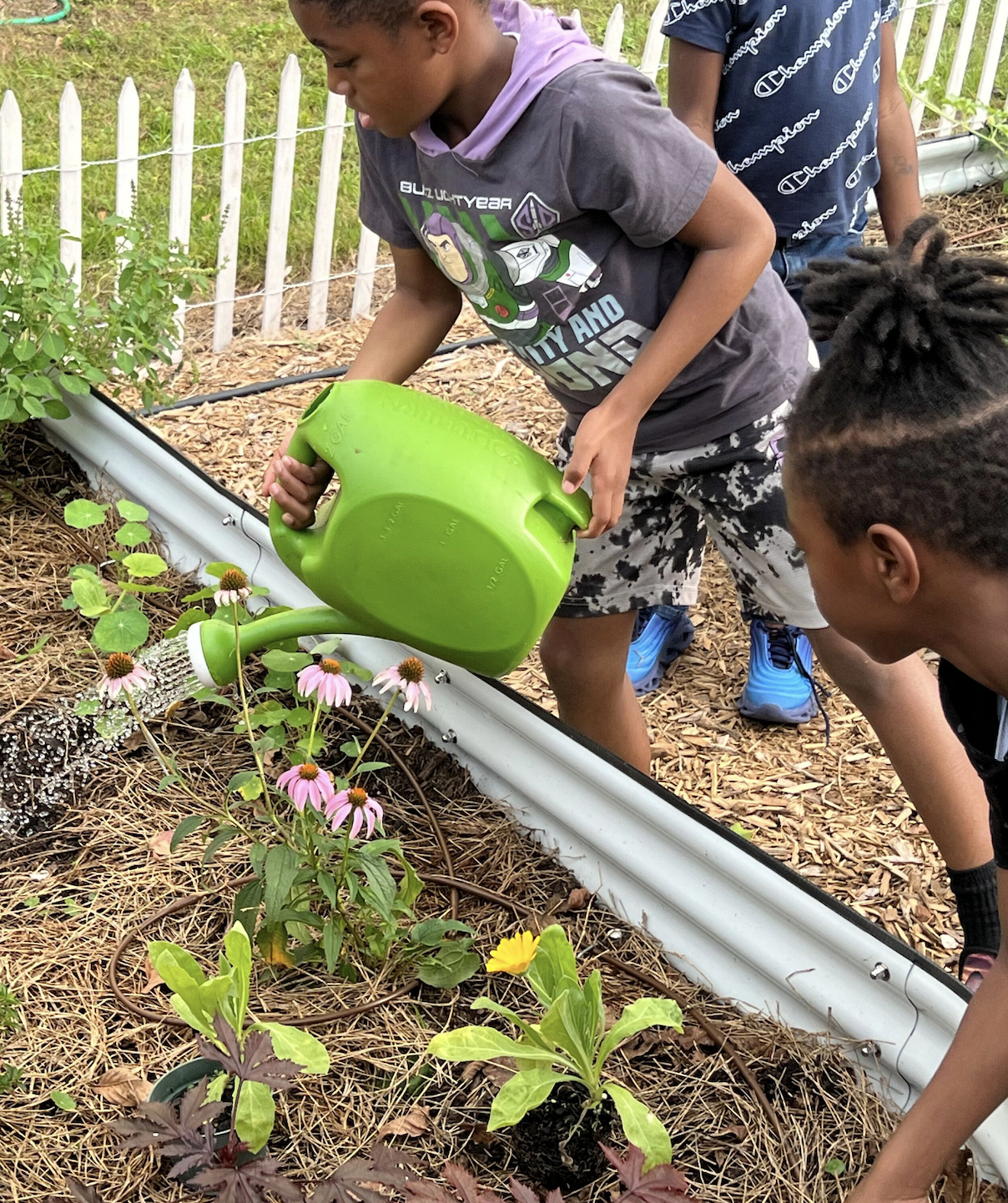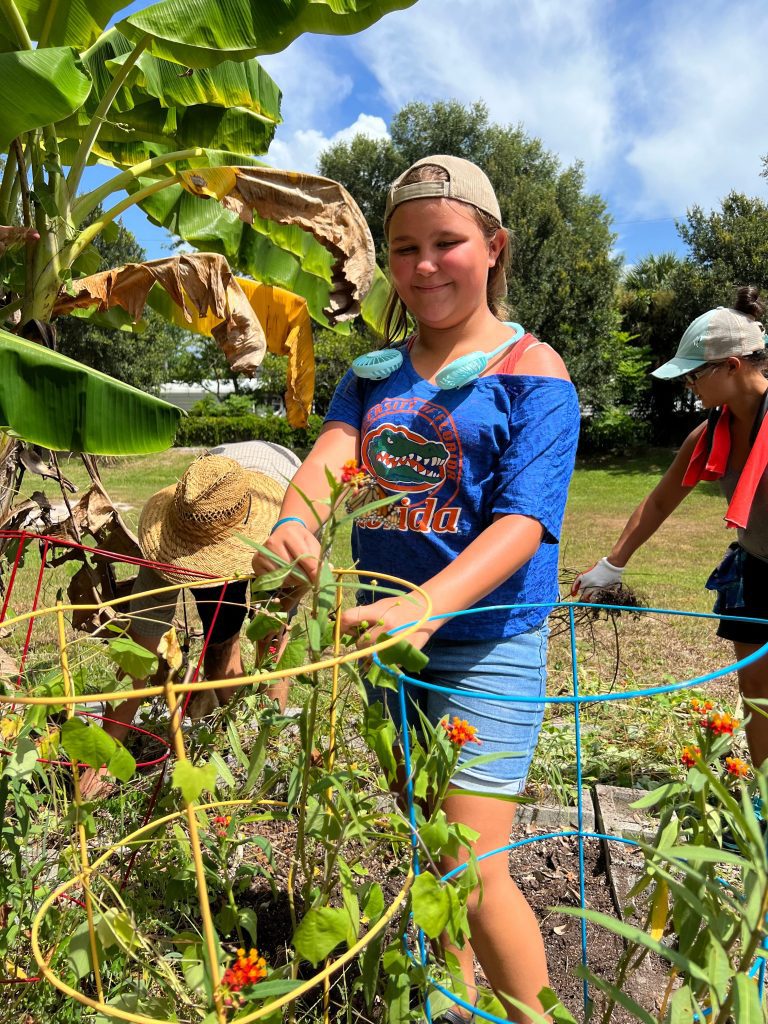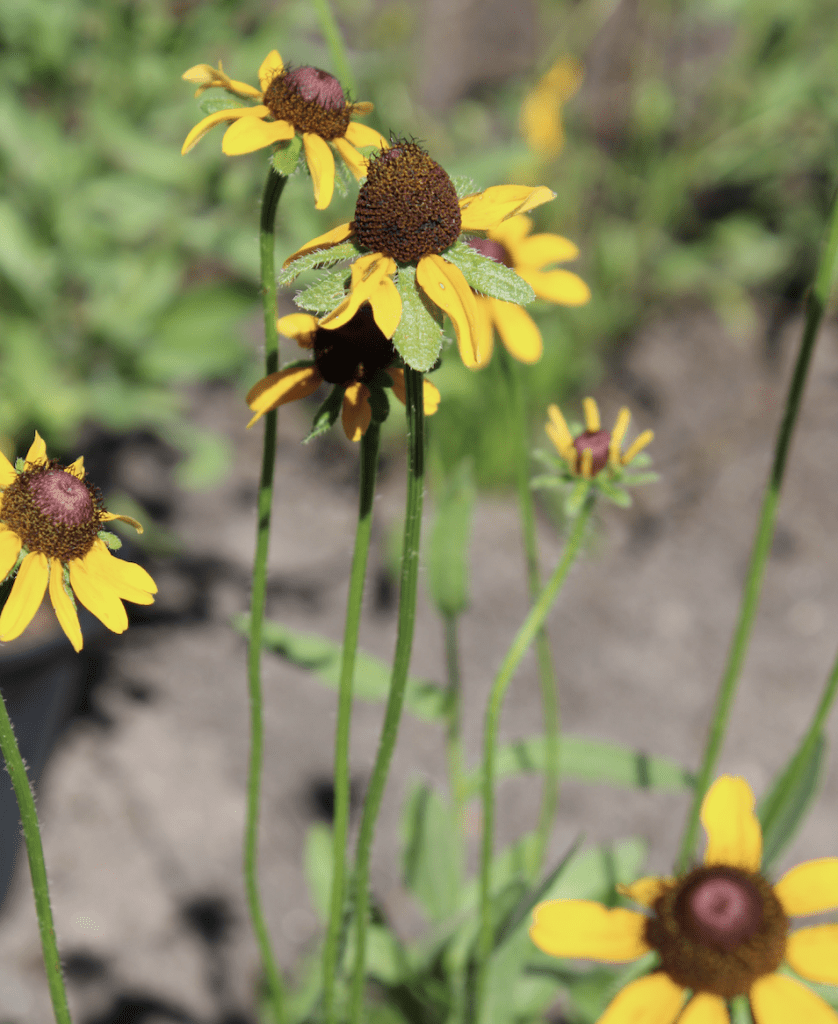As children spend more and more time indoors, away from nature and the outdoors, school gardens are becoming an increasingly important tool for education. Gardening not only teaches children about the natural world and where their food comes from, but also helps them to develop valuable life skills such as responsibility, teamwork, and patience. Here are a few reasons why gardening is so important for children’s learning.
Gardening Connects Us
Firstly, gardening can be a fun and engaging way to learn about science and the natural world. By planting seeds, observing plant growth, and learning about soil composition and nutrient cycles, children can gain a deeper understanding of the interconnectedness of the natural world. Moreover, this hands-on learning approach can help to make science more engaging and accessible for children, especially those who may struggle with traditional classroom learning.

Gardening Helps Us Grow
Secondly, gardening can help children develop important life skills. Taking care of a garden requires responsibility, patience, and perseverance. Indeed, in a garden, children learn to plan and organize, and to work collaboratively with others. These skills can be applied to many areas of life, from school and work to personal relationships.

Stop to Smell the Flowers
Finally, gardening can help children develop a greater appreciation for the environment and the importance of sustainable practices. By learning about organic gardening, composting, and recycling, children can become more aware of the impact that humans have on the environment. Overall, this can lead to a greater sense of responsibility and a commitment to making more environmentally-friendly choices.

Let's Grow More!
School gardens are an important tool for education that can help children learn about science, develop important life skills, and gain a greater appreciation for the environment. As educators and parents, it is our responsibility to provide children with opportunities to connect with the natural world and to learn about the importance of sustainability. Gardening can be a fun and engaging way to do this, and can help children to develop a lifelong love of nature and the outdoors.
Are you located in Central Florida and interested in sponsoring a school or community garden? Schedule a FREE consultation with our Edible Landscapes team!








